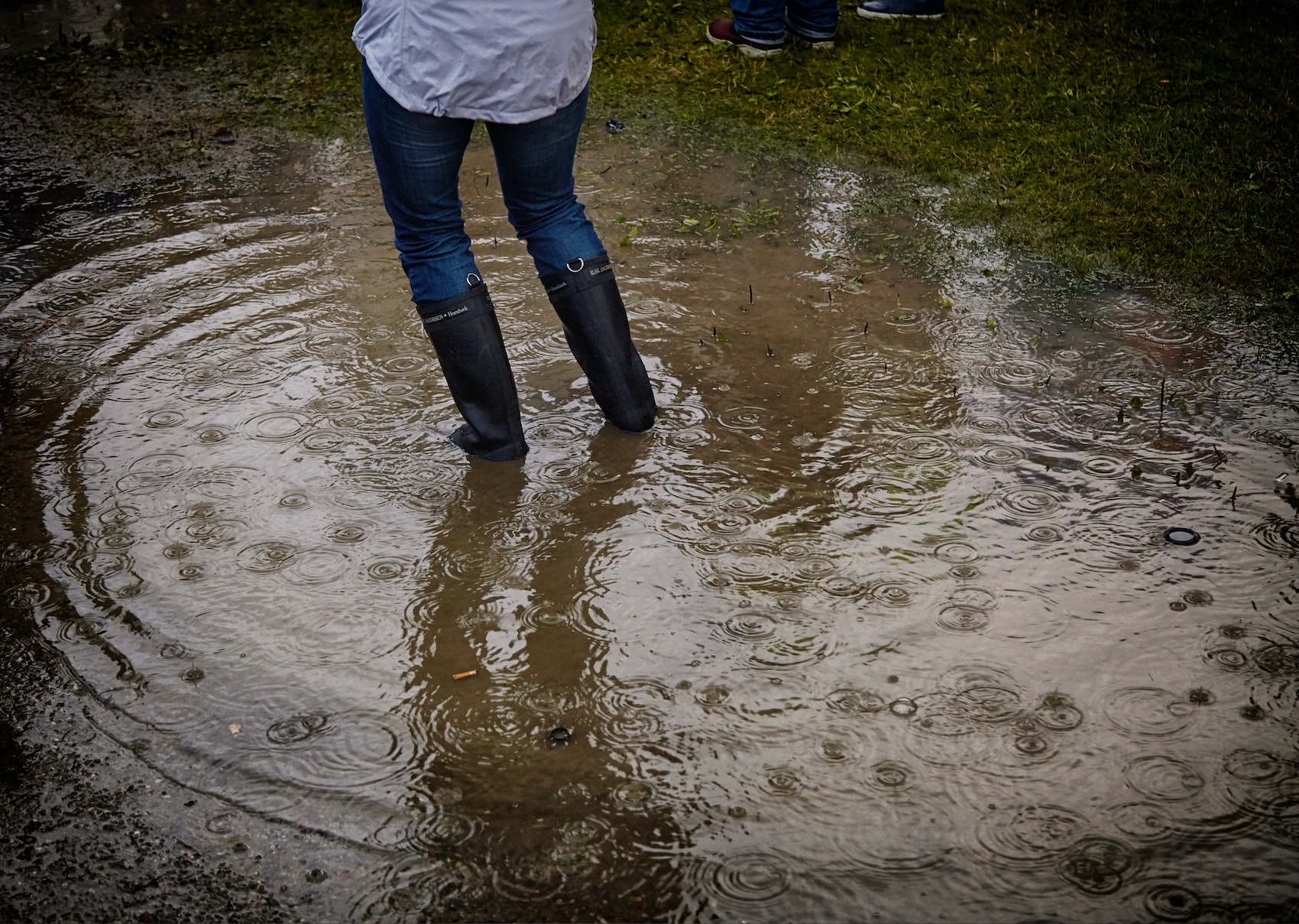The last week has been a tough one for many of us in the upper North Island, with floods and slips causing several fatalities and major damage to properties.
We hope that you and your loved ones are keeping safe during this difficult time.
If you’re currently in the midst of buying or selling a property that’s been damaged, here’s some information about your rights and obligations.
Properties that are uninhabitable due to damage
If the property is destroyed or damaged as a result of flooding and cannot be made good by settlement (rendering the property uninhabitable on settlement day), the standard terms of a sale and purchase agreement allow the purchaser to decide whether to:
- Complete the purchase at the original purchase price, minus a sum equal to the insurance payout received (or due to be received) by the vendor; or
- Cancel the purchase (in this case, the deposit would be refunded in full and no claims could be made between the purchaser and vendor).
Alternatively, if the vendor’s insurance company agrees to fix the damage and restore the property to the benefit of the purchaser (to the extent it can under the vendor’s insurance cover), the purchaser must proceed with settlement and can’t negotiate a reduced price.
Remember, the property and chattels (e.g. carpet and curtains) both remain the risk of the vendor until settlement is complete.

Properties that have been damaged but are livable
If the property has been damaged but is still liveable, the standard terms of a sale and purchase agreement state that settlement must occur on the settlement date at the original purchase price, minus a sum equal to the amount of loss in property value caused by the damage.
In most cases, the estimated loss in value would equate to the reasonable cost of repair or reinstatement work to be carried out. The purchaser can get quotes from relevant trades and suppliers to estimate this cost.
If the estimated loss in value is disputed by the purchaser and vendor, there’s a procedure laid out under the standard terms of a sale and purchase agreement to follow.
Please note that if your property is rural, the agreement provides guidance for when a rural property is deemed uninhabitable. If you’re unsure whether your residential or rural property is sufficiently damaged to render it uninhabitable, we can help you determine this.
Who should I seek advice from?
If you have a sale or purchase underway for a property that’s suffered damage during the flooding, we’d suggest that you get in touch with your solicitor ASAP (if you haven’t done so already).
We’ll be able to guide you through the next steps, which may include determining whether the property is uninhabitable, calculating the loss in value or cancelling the contract.
If both parties are willing to move forward with the sale, there are always other avenues that can be explored – we can discuss these with you and provide options.
If you need legal advice in relation to property damage caused by the recent extreme weather, please get in touch with our team on enquiries@armstrongmurray.co.nz or 09 489 9102.
This article is brief and general in nature. You should not treat it as legal advice and should seek professional advice before taking any action in relation to the matters dealt with in this post. Armstrong Murray accepts no liability for losses suffered by any person or organisation who may rely directly or indirectly on this post.